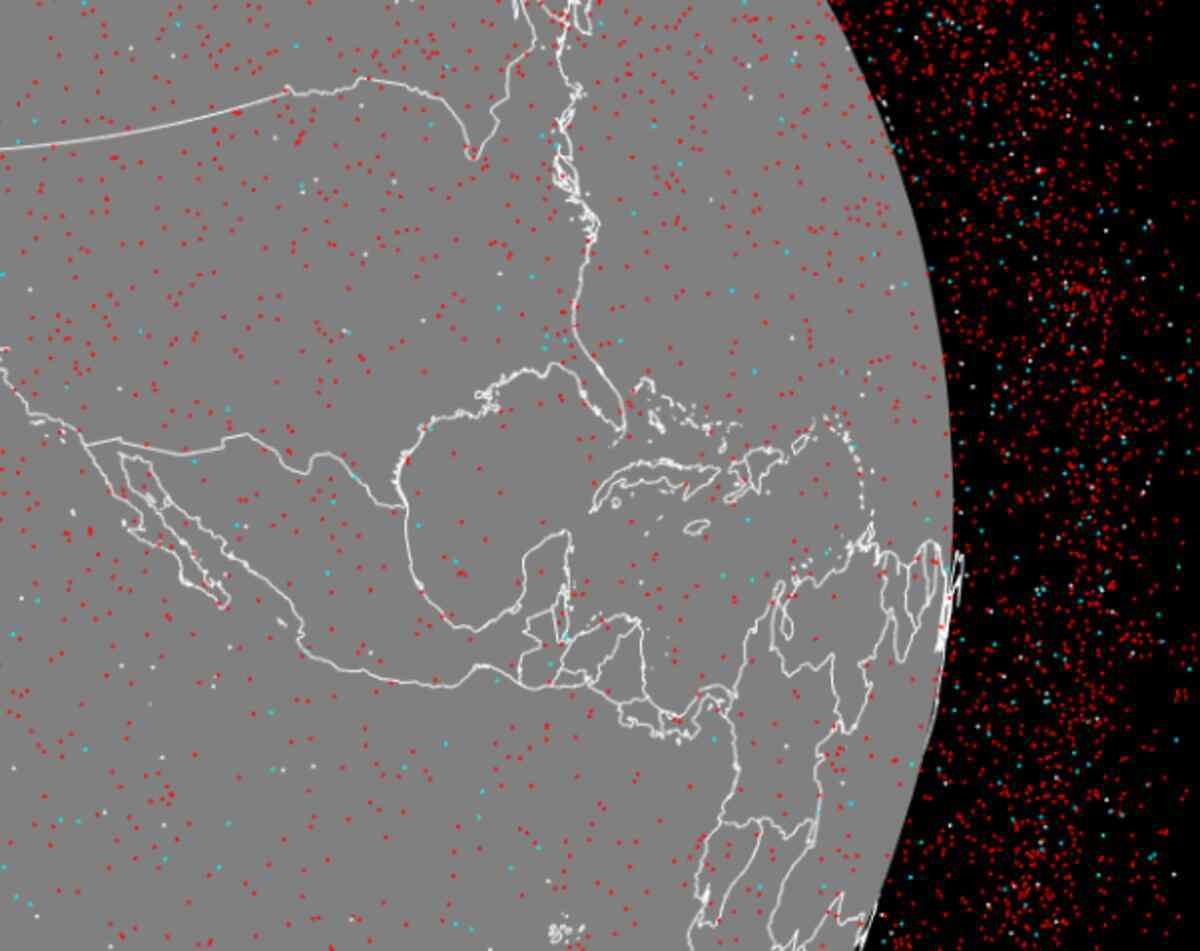BIOLOGY
Scientists reveal open-source models to tackle space debris, advancing sustainable space exploration

MIT's Astrodynamics, Space Robotics, and Controls Laboratory (ARCLab) has taken a significant step towards ensuring the responsible and sustainable use of our space resources by publicly releasing the MIT Orbital Capacity Assessment Tool (MOCAT). This open-source model was unveiled during the Organization for Economic Cooperation and Development (OECD) Space Forum Workshop in December 2023. The tool will enable stakeholders to predict the growth of space debris and assess the effectiveness of measures to prevent its proliferation.
As the number of satellites deployed in low Earth orbit increases, the risk of collisions and space debris accumulation also increases. Therefore, understanding the future space environment and its potential risks is crucial to developing effective strategies for responsible space exploration.
MOCAT is a powerful tool for comprehensive space environment analysis and management. It is capable of simulating individual objects, accounting for various parameters, analyzing orbital characteristics, evaluating fragmentation scenarios, and calculating collision probabilities. This tool's versatility makes it unique and offers multiple levels of computational fidelity to cater to different needs.
MIT's ARCLab aims to make MOCAT an open-source solution accessible to satellite operators, regulators, and the public. By releasing it as an open-source project, the team at ARCLab hopes to engage the global community in refining our understanding of satellite orbits and making significant contributions towards sustainable space exploration.
MOCAT comprises two primary components. MOCAT-MC offers a high-level overview of the space environment by utilizing individual trajectory simulations and Monte Carlo parameter analysis to evaluate its evolution. On the other hand, the MOCAT Source Sink Evolutionary Model (MOCAT-SSEM) employs a lower-fidelity approach that provides rapid analysis within seconds to minutes on personal computers. Both MOCAT-MC and MOCAT-SSEM are accessible separately via GitHub, enabling users to experiment and provide feedback to further enhance the tool's capabilities.
The development of MOCAT has received support from prominent organizations like the Defense Advanced Research Projects Agency (DARPA) and NASA's Office of Technology and Strategy, highlighting the significance of this research and its potential global impact.
Charity Weeden, associate administrator for the Office of Technology, Policy, and Strategy at NASA headquarters, applauds the efforts, stating, "We are thrilled to support this groundbreaking orbital debris modeling work and the new knowledge it has generated. This open-source modeling tool is a public good that will advance space sustainability, improve evidence-based policy analysis, and help all users of space make better decisions."
The release of MOCAT is a significant milestone in humanity's ambitious space exploration missions. By combining scientific research, collaborative efforts, and the power of open-source, we are taking a crucial step towards ensuring a sustainable and responsible future in space.
Lastly, it is essential to acknowledge the diverse perspectives in managing space resources responsibly.

